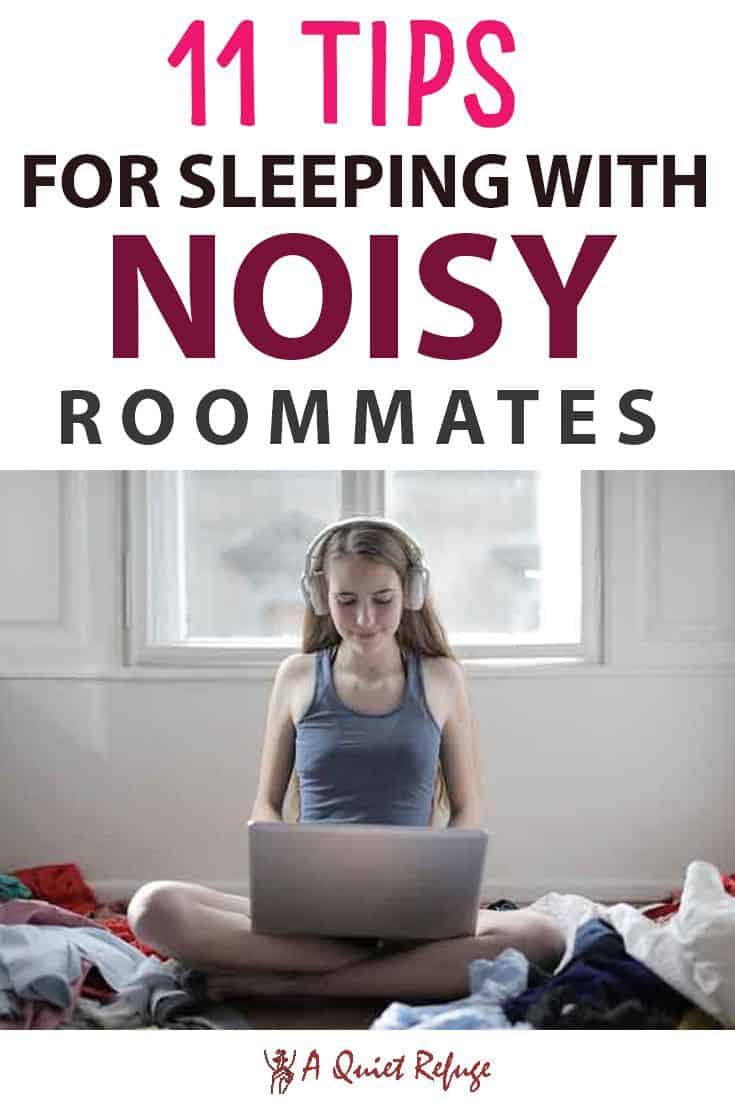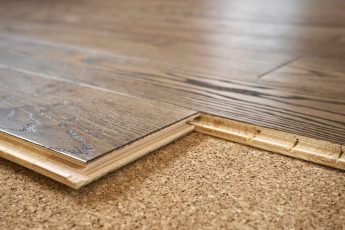If your roommate is incredibly loud at night, it can be difficult to sleep. However, there are ways to minimize noise from your roommate’s room. One way is to separate your room from the noisy area. Another way is to use earplugs. If the noise is unbearable, try to move your bed to another part of the room.
Avoiding conflict with noisy roommates
The best way to deal with noisy roommates is to avoid conflict as much as possible. It’s important not to get into a fight over a single annoyance or loud noise, because that could ruin your relationship. However, if your roommate is practicing an instrument or playing video games without headphones, you might want to step in and intervene.
First, make sure that your roommates and you have a clear understanding of your expectations. Discuss this with your roommates before you move in together. Be sure to establish specific check-in times. It’s hard to solve a conflict if you don’t know what to say and when.
The second way to deal with noisy roommates is to learn about their preferences and thresholds for acceptable noise. Remember that each person has different tolerances for noise while sleeping, so you need to have a good conversation with your roommate to understand how loud they are. If the noise bothers you a great deal, you can consider blocking out the noise with a white noise machine or earplugs. If you are worried about the noise your roommate makes, you can also consider sleeping in separate rooms.
Lastly, if your noisy roommate has a hobby that makes noise, it’s important to establish a house rule. If your roommate is constantly playing music, for example, you may want to suggest a rule that music should be played through headphones after 9 pm. This way, you won’t create a conflict between you and your roommate. This will help you both get along better.

The best way to deal with noisy roommates is to communicate. Be honest and open when discussing your concerns and ask for constructive feedback. Try to set boundaries early and make sure everyone abides by the rules. If necessary, write them down in a roommate agreement so you can refer to it later if there are disagreements.
Finding a quiet space to sleep in
If your noisy roommates are keeping you from getting a good night’s sleep, the best solution is to find a quiet place to sleep. It can be as simple as going to the library. The quiet there will allow you to relax and unwind. Hopefully, your noisy roommates will start to miss you and will tone down their noise levels when you return.
One of the best solutions for sleeping through noisy roommates is to move your bed away from noisy areas. You can use padded furniture to create an obstacle between your bed and the noise. You can also place shrubbery around your room to reduce sonic pollution.
Another simple solution is to report your noisy roommates to your dorm’s RA. You can also complain to other students living in nearby rooms. Make sure you take steps to get the problem resolved as quickly as possible. In the meantime, it’s important to make an effort to compromise. As a student, you want to be able to sleep in a quiet space, but you don’t want to live with noisy roommates.
If you find that your noisy roommates are making your room noisy, you may need to move to another room. If possible, move your bed to a different side of the room. This way, the vibrations will be less noticeable. If you can’t move your bed, try sleeping on the floor.
If you have trouble negotiating with your noisy roommates, try talking to them and getting them to compromise. They might not want to compromise with you, so you may need to try a different approach or get a room assistant to help you. If the loud roommates are stubborn, you might have to consider getting help from other housemates or the room assistant to make the changes necessary.

Using earplugs to block out noise
When it comes to sleeping with noisy roommates, you can use earplugs to block out the noise. These inexpensive and soft-textured earplugs fit in your ears and expand to form an extremely comfortable seal. They are also made to protect your ears from the sting of harsh noises. Using earplugs can also help you sleep, especially if your ears are hurting.
When using earplugs, you should choose the type with the highest noise reduction rating (NRR), which means that they can block out loud noises. Foam is the most comfortable option, but there are also silicone and wax plugs available.
You can also purchase custom-made earplugs, which are more expensive, but will help block out the loudest noises. These earplugs will block out any noises from the television, alarm clock, or emergency alerts. They should also be cleaned regularly.
Earplugs will also protect you against noise from nearby freeways. In addition to blocking out loud noise, earplugs can help people sleep better because they can help reduce stress and anxiety. In addition, they can help people who suffer from tinnitus sleep better.
You can also purchase reusable ear plugs, which are ideal for sleeping. However, they can be messy and they may fall out of your ear. Additionally, they are not as effective at blocking out background noise as other types. If you can’t afford to purchase expensive earplugs, you can always opt for cheap foam earplugs. However, you must keep in mind that foam earplugs can harbour bacteria and other unwanted sounds.
If you have a noisy roommate, you might not have enough time to get a proper night’s sleep. However, earplugs can help you fall asleep and stay asleep. Aside from their obvious benefits, earplugs can also cause earwax buildup, which can cause temporary hearing loss. If you experience this problem, it is important to visit a doctor for treatment.

If you are living with noisy roommates, it is best to use earplugs that provide maximum attenuation. They can help you hear your noisy roommates better, but you need to consider the sound level of the noise in your bedroom before purchasing them.
Moving your bed to the other side of the room
If you live with a noisy roommate, there are a few things you can do to help reduce noise. For one, you can get rugs to cushion your feet against slamming doors, and you can also get cotton pads on cupboard doors to keep them closed. Another option is reorganizing your room so it is as soundproof as possible. Regardless of the solution, noise reduction is a collaborative effort between you and your roommate.
Changing your sleeping schedule is another way to reduce noise levels in your room. Even if you’re a light sleeper, noise from other roommates can disrupt your sleep. You can also wear headphones or play soothing music to help you drift off.





